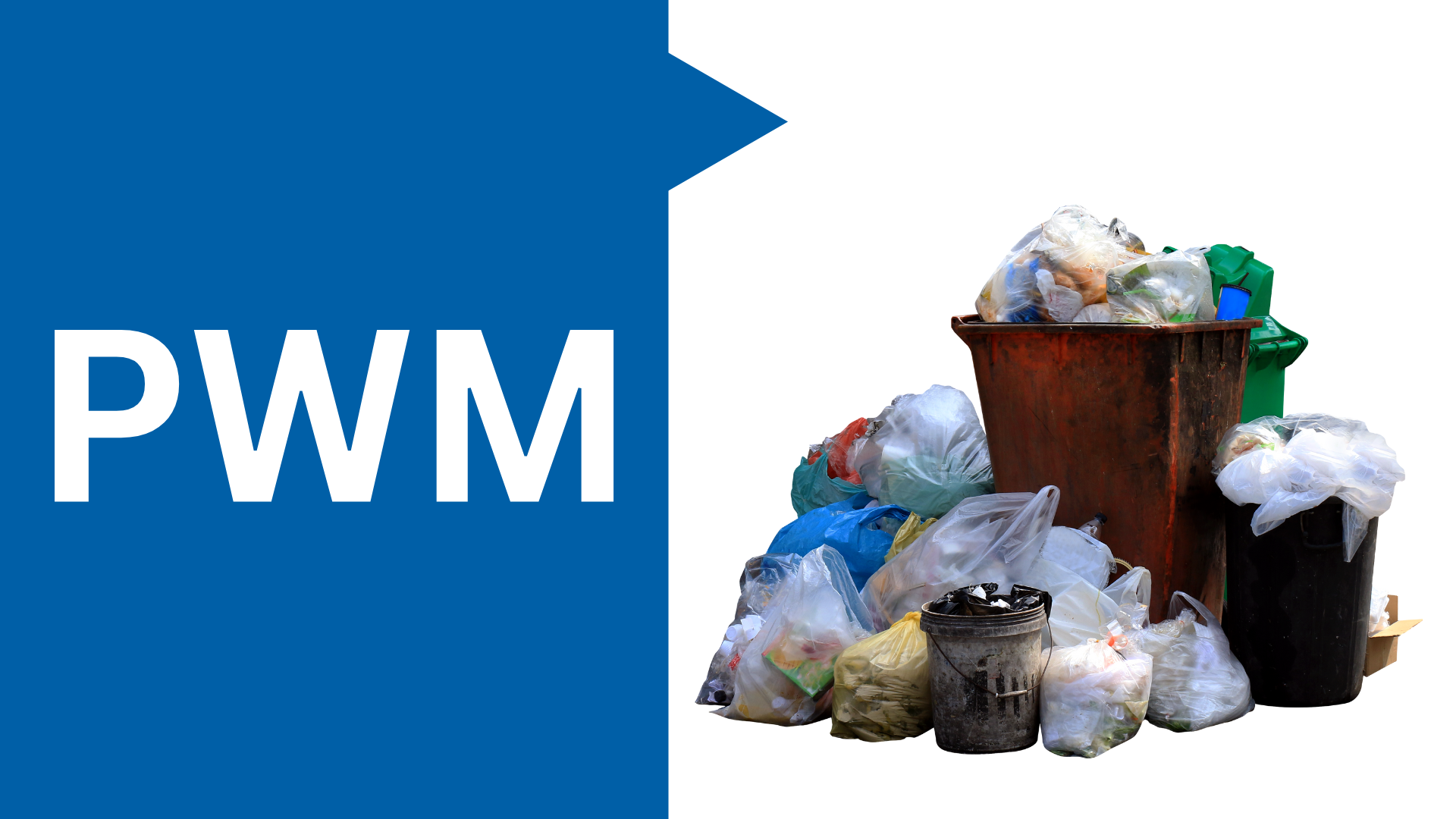Introduction
Plastic waste has emerged as a significant environmental and health concern in India. With rapid industrialization and urbanization, the production and consumption of plastic have skyrocketed, leading to severe consequences for the environment and human well-being. This article explores the current state of plastic waste in India, delves into the concept of Extended Producer Responsibility (EPR), and highlights its role in effective plastic waste management.
Plastic Waste in India
India faces a monumental challenge when it comes to plastic waste. The country generates millions of tons of plastic waste each year, and a considerable portion of it remains uncollected or improperly managed. This leads to pollution of water bodies, soil degradation, and harm to wildlife. Furthermore, the burning of plastic releases toxic fumes, posing a severe risk to public health.
Plastic Waste Management
The management of plastic waste in India is a complex task. Existing practices, such as recycling and waste segregation, have shown some progress, but they are far from sufficient. A transformative approach is needed to tackle the plastic waste crisis effectively. This is where Extended Producer Responsibility (EPR) comes into play.
Extended Producer Responsibility (EPR) in India
EPR is a policy approach that holds producers responsible for the entire lifecycle of their products, including post-consumer disposal. In India, EPR has gained prominence as a strategy to address plastic waste. The government has introduced regulations and guidelines that make it mandatory for producers to take responsibility for collecting, recycling, or safely disposing of the products they introduce into the market.
Benefits of EPR
EPR brings numerous benefits to plastic waste management. Firstly, it encourages producers to design products that are more eco-friendly and easily recyclable. This, in turn, reduces the overall generation of plastic waste. Secondly, EPR facilitates the development of recycling infrastructure and promotes resource recovery, leading to a more circular economy. Lastly, it helps create a culture of accountability among producers, fostering sustainable production practices.
Challenges and Limitations of EPR
Despite its potential, EPR implementation in India faces several challenges. Lack of awareness and enforcement is a significant hurdle. Many producers are unaware of their responsibilities, and enforcement mechanisms are often weak. Additionally, the current scope of EPR regulations primarily focuses on select products, leaving out various categories of plastic waste. Furthermore, inadequate infrastructure and technology hinder effective collection, recycling, and disposal of plastic waste.
Case Studies
Several successful case studies illustrate the positive impact of EPR in India. Companies from sectors like electronics, packaging, and pharmaceuticals have actively embraced EPR, leading to improved waste management practices. These case studies highlight the importance of collaboration among producers, recyclers, and government agencies to achieve sustainable outcomes.
Future Outlook and Recommendations
To enhance the effectiveness of EPR in India, certain measures need to be taken. Strengthening EPR regulations is crucial, with an emphasis on expanding the scope to cover a wider range of products. Additionally, promoting research and innovation in plastic waste management technologies will facilitate the development of sustainable solutions. Public participation and awareness campaigns can also play a vital role in encouraging responsible consumption and waste management practices.
Conclusion
Plastic waste management is a pressing issue in India, and Extended Producer Responsibility (EPR) offers a viable solution. By holding producers accountable for their products throughout their lifecycle, EPR incentivizes sustainable practices and facilitates effective waste management. However, challenges such as limited coverage, inadequate infrastructure, and low awareness need to be addressed for successful implementation. With concerted efforts from all stakeholders, India can pave the way for a cleaner and greener future.
